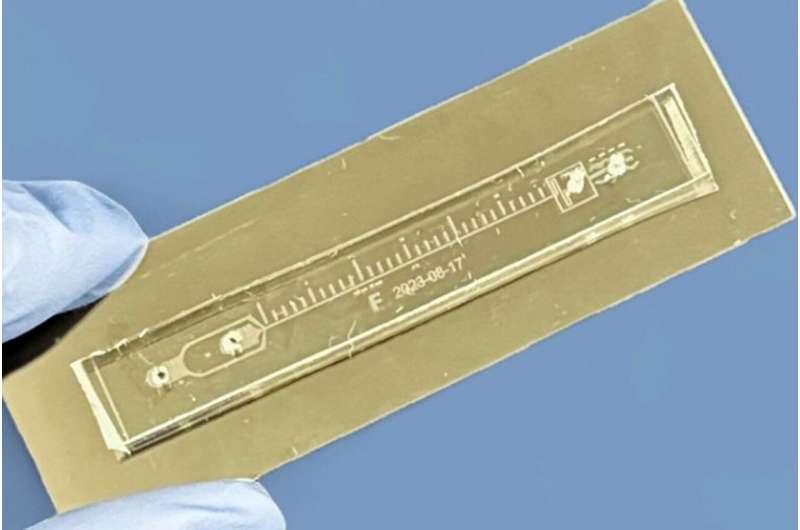PDAC is the most common type of pancreatic cancer, the third-leading cause of cancer deaths in the U.S. It’s difficult to detect and recurs about 70% of the time after treatment. Only 13% of those diagnosed survive more than five years.
A team of surgeons, anesthesiologists and engineers at the University of Illinois Chicago is studying how lidocaine, a common local anesthetic, affects pancreatic cancer cells released into the bloodstream during surgery. Their latest advancement evaluates a method for capturing these rogue cells and is published in the journal Lab on a Chip.
“I really expect that the results of this study may help our patients,” said Dr. Gina Votta-Velis, a UIC professor of anesthesiology in the College of Medicine and a lead investigator. “The notion that lidocaine, which has been used to relieve pain for more than 65 years, may mitigate metastasis and favorably affect patient outcomes is highly innovative.”

